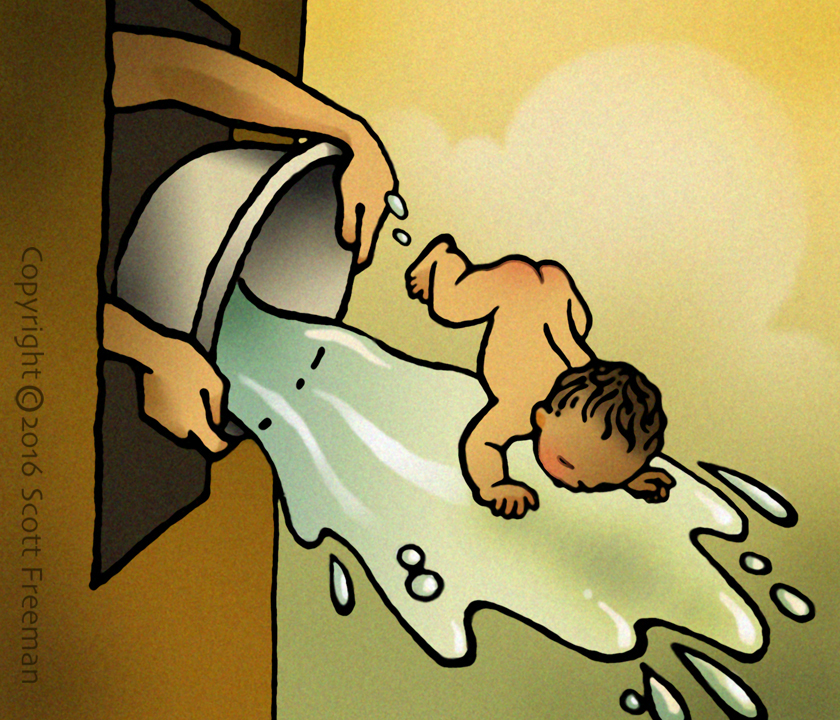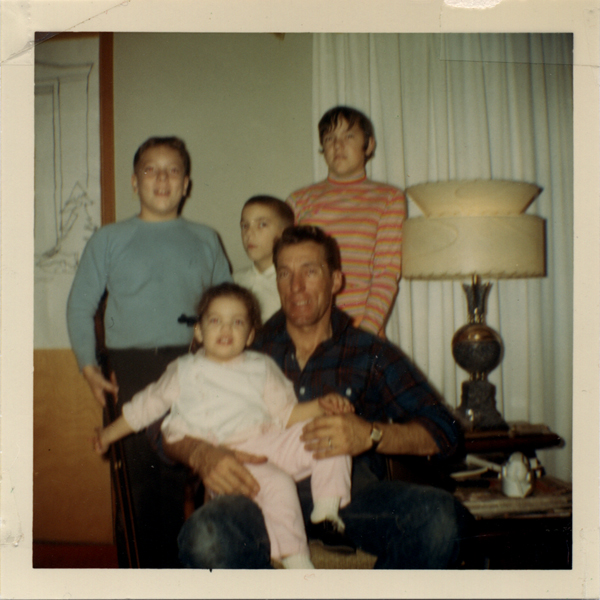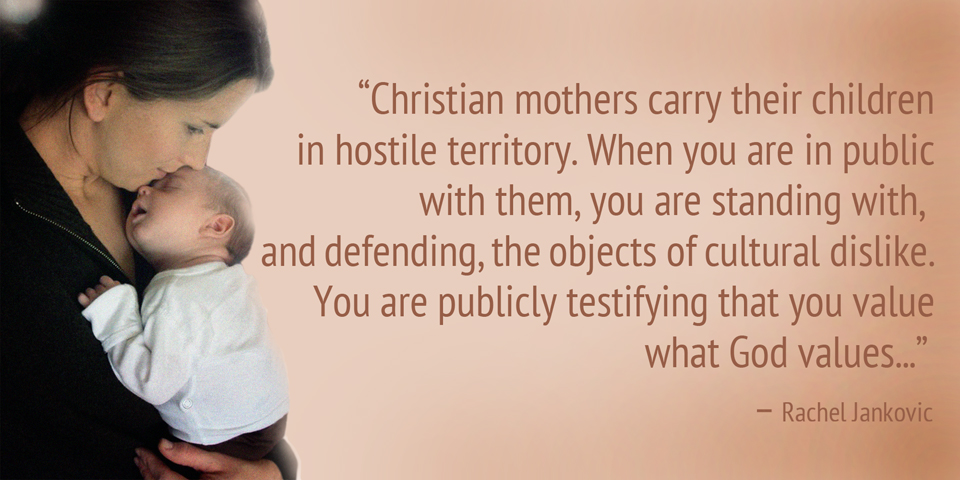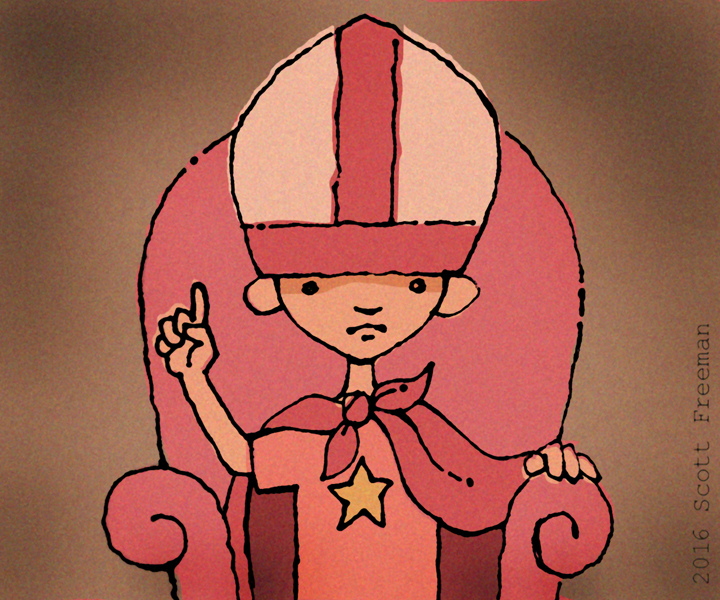
Recently I had coffee with one of my adult sons. I wanted to hear his insights about his spiritual development growing up. One unexpected comment came to light as he compared our family’s culture to that of a close friend’s. He observed that Mollie and I had modeled a faith that permeated all of life, and that our values reflected this. By contrast, for some people, faith is something added on, like an extra-curricular activity.
He said, “For you guys, a biblical worldview was like a pair of glasses through which you viewed everything. For my friend’s family it was more like a pair of binoculars that they would pick up now and then.”
This got me to thinking about postmodernism – the cultural state of society that distrusts the very idea of objective truth.
What is Postmodernity?
Philosopher and author Paul Copan describes postmodernity this way:
“French philosopher Jean-Francois Lyotard said that, simplifying to the extreme, postmodernism is incredulity toward a metanarrative, which is a ‘world story’ that’s taken to be true for all people in all cultures and ends up oppressing people…”
So, postmodernity is a perfect example of throwing the baby out with the bathwater. Because there are many horrific examples in history of people oppressing others over strongly held beliefs – both religious and secular – postmodernity seeks to solve the problem by getting rid of the notion of truth altogether. It’s like John Lennon’s song, Imagine. Copan continues:
“…When people are so certain that they’ve got the truth and believe their system explains everything, then people who disagree with them are on the outside. They end up in Auschwitz or the Soviet gulags. So instead of metanarratives, postmodernism emphasizes mini-narratives. In other words, each person has his or her own viewpoint or story.”
Postmodernity attempts to address a very real problem in the world. It’s true that there are many metanarratives, ideologies, worldviews, and religions in the world that are coercive. But in making all truth relative, postmodernity does the world the ultimate disservice if there is, in fact, an objective, loving Authority who has communicated a true story that includes all of us. Followers of Jesus should confidently and joyfully ignore postmodernism and instead, prove the life giving nature of the story and message of Jesus in our own lives and families.
“All Truth Claims are Wrong!”
Copan points out that the relativism that stems from a postmodern worldview is self-refuting. It simply doesn’t work as a worldview.
“…the relativist believes that relativism is true not just for him but for every person. He believes that relativism applies to the nonrelativist (‘true for you’), not just to himself (‘true for me’). The relativist finds himself in a bind if we ask him, ‘Is relativism absolutely true for everyone?’…There’s no reason to take seriously the claim that every belief is as good as every other belief, since this belief itself would be no better than any other.”
But having noted the self-contradictory nature of postmodernity, what about the problem of metanarratives being necessarily oppressive? Specifically, does the big picture presented in the Judeo-Christian scriptures necessarily marginalize those “on the outside”?
Self Righteous and Holier-Than-Thou?
I don’t buy that. The Bible specifically teaches that self-righteousness is not even possible (Ps 14; Ro 3:10-18.) Salvation is a gift from God and something none of us can claim to have earned (Ro 3:23,24; 6:23; Gal 2:15,16; 3:2-5; Eph 2:8,9; 3:7-9.)
From a biblical worldview Jesus is the only human being who could rightfully claim to be without sin, claim to be righteous in-and-of-Himself, and claim to be unerring in His knowledge of truth. Yet He was the perfect picture of love and inclusivity. His life was characterized by loving, healing , and reaching out to the marginalized: those on the fringe of respectable Jewish culture, women, lepers, the sexually unchaste, traitors, servants, children, Romans and other non-Jews, and so on. He typically did this even though it was inconvenient for Him and often got Him into trouble with His critics.
Not only His actions but also His teachings explicitly taught that following Him must mean reaching out to and welcoming the marginalized in a broken world. Several parables come to mind:
The parable of the Samaritan
The parable of the Pharisee and the tax-collector
The parable of the prodigal son
The parable of the wedding feast and the uninvited guests
The parable of the widow’s offering
The story of the rich man and Lazarus
Rather than oppressing the marginalized, a biblical worldview acknowledges our common humanity. It roots human worth in the idea that all people bear the image of God, and yet it humbles human standing in the idea that all people “fall short of the glory of God’s ideal.” It is notable that two of the most combative personalities in the New Testament repeat the quote, “God is opposed to the proud, but gives grace to the humble” (Jas 4:6; 1 Pet 5:5.) Humility invalidates oppression and marginalization. A quote attributed to D T Niles rings true to me:
“A Christian witness is not like a rich man who has a lot of bread which he hands out to the poor beggars who have nothing. He is rather like one beggar who tells another beggar where he has found bread.”
A Bedtime Story
Accordingly, this all affects what we say to our children. As a young father it was my job and privilege to tuck my children in at bedtime. I would sing and pray with them each night. I remember a period of time when one of my boys was very troubled. He would tearfully express that he was a “bad boy.” Those are the words he used. He was probably 7 or 8 years old at the time. I was a bit taken aback by this because Mollie and I made a point of never telling our children that they were “bad,” even when correcting them.
He didn’t seem to be trying to confess a specific hidden offense that was troubling his conscience. Instead, he seemed to be expressing a recognition that there was something generally wrong within himself. I remember thinking carefully and prayerfully before answering him, because he expected an answer. Should I assure him that he wasn’t all that bad? Should I point out how he favorably compared to serial killers and drug dealers? This was my first impulse – to minimize his feelings and build up his self-esteem by pointing out all the things on the “good” side of his scale.
But a biblical worldview compelled me to say something different. Instead, I essentially agreed with him. And, holding him close in the dark, I sympathetically let him know that I was also “bad,” and so was every one else in the world; that what he was feeling was accurate. I explained that this is why God sent Jesus to us, because we all need a Savior. My son’s recognition of his brokenness was simply the first step toward the spiritual rebirth that Jesus offers to us all. Jesus promised to give us His Spirit to live inside of us, and after that we help each other to live a new life in that Spirit.
I’m certainly not recommending that we as parents teach our children that they are pure evil. The truth is more nuanced than that. I think the Bible’s description of the fallen human heart as “inclined” toward evil is helpful (Gen 8:21.) When I think of an incline, I notice it’s possible to roll a ball up an incline, but it takes deliberate effort. A ball naturally will roll down an incline. So it is with our hearts.
Speaking the Truth in Love
I assume there are those who would say it is appalling to say such things to a child. I imagine that a time may come when a secularist government will see fit to intervene in cases where parents teach such things. But truth is that which corresponds to the way things really are. What if a child is taught that he or she is naturally good and perfect? Where does that leave the child when he or she sees within himself or herself a tendency to lie, cheat, and hurt others? I contend that it leaves the child in a truly hopeless position.
The fact of human brokenness should never be used to shame or manipulate others. But neither does a biblical worldview indulge secularist, utopian, wishful thinking about the natural goodness of humanity. In fact, ironically this kind of thinking is actually dangerous when it comes to granting human beings governmental power over others.
I would like to hear about your experience as a child or a parent. How did you understand the state of the human heart? How was it communicated to you, and what effect did it have on you?




